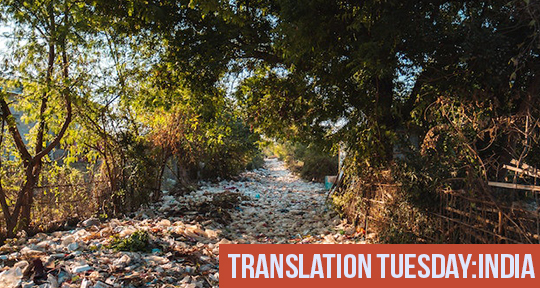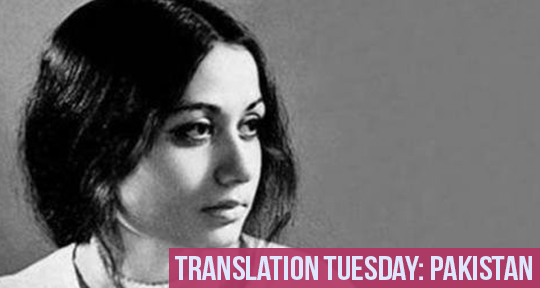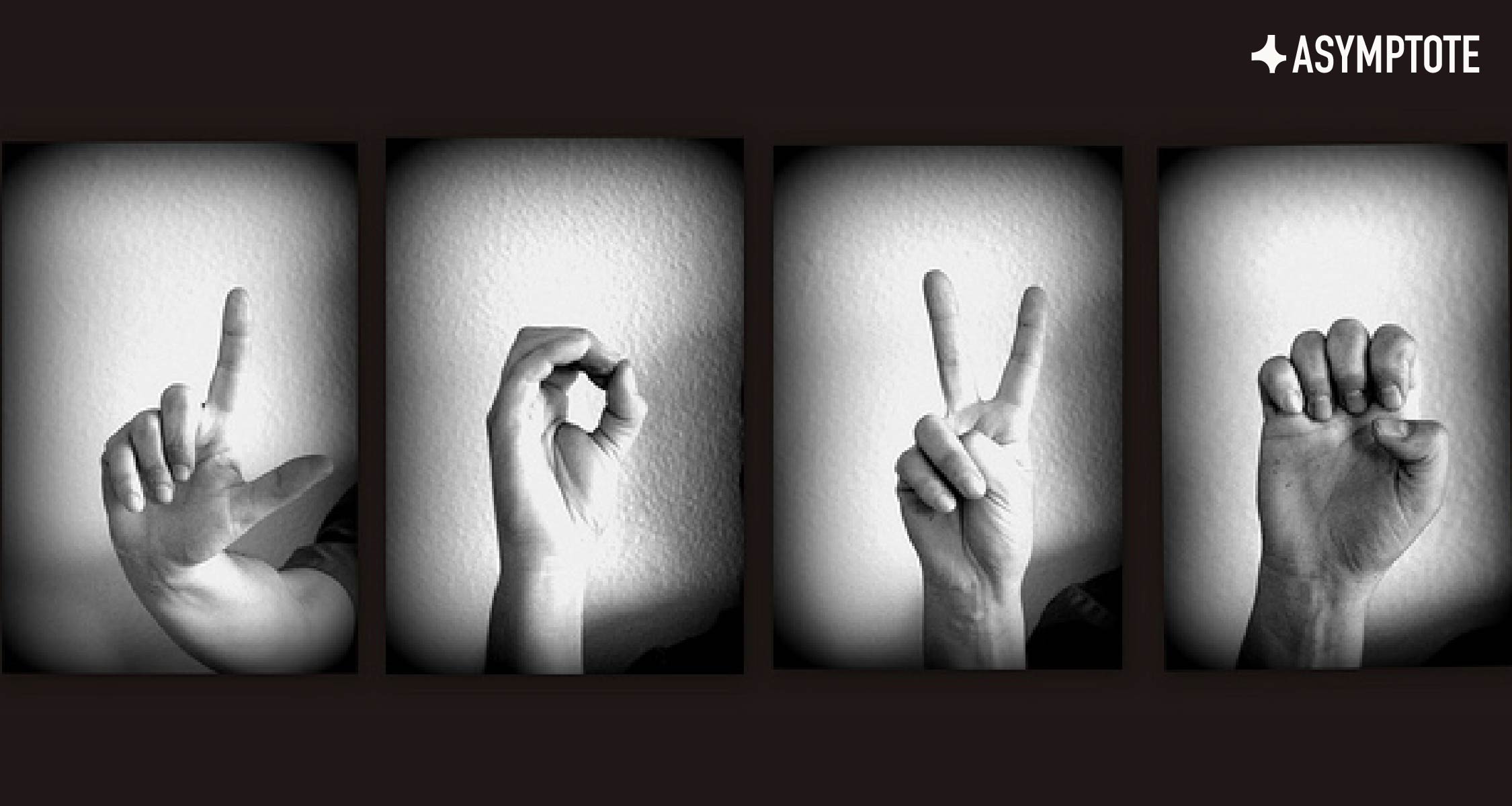This Translation Tuesday, we deliver a provincial story by Homvati Devi, a writer celebrated in her time, but since sadly overlooked. Following the daily routine of a junk shop keeper as he bears witness to his neighbors dreams of a better life in Pakistan, Devi beautifully captures a nation’s psyche – restless and uncertain– on the precipice of change. Hear translator Tanvi Srivastava’s first impression of Broken Dreams: “I found this story particularly interesting because it is a ‘partition story’—but set miles away from the borders of newly established Pakistan. It is one of the few stories I have read of the time which grapples with the critical question of citizenship and choice.”
Gafoor runs a junk shop; he travels across the city, from home to home, gathering unwanted items. He buys and sells broken boxes, punctured canisters, torn old blankets, discarded glass vials, cracked soap dishes, used brushes, dirty bottles, and so on. He even sells old mosquito nets and raincoats. Fine-quality objects—like flower vases, vacuum flasks, and toy vehicles—often fall into his hands, either discarded by rich Hindu households, or cajoled off memsahibs.
Over the last few days, work at his shop has increased substantially and so has his income. Those migrating to Pakistan are anxious to sell off their belongings. Gafoor promises to sell their items for more than they are worth, and so they end up giving all their junk to him. Soon his shop is crowded with broken vessels, old beds, musical instruments like tablas, footballs, wooden toys, used shoes and sandals; an unimaginable array of objects—from old burqas to a set of balance scales and weights; from damaged bird cages to nickel and brass jewellery. On the day of the weekly market, Gafoor’s shop is the busiest amongst all the shops on the mile-long road; he makes the most sales.
A traveller to Pakistan asks him, ‘Tell me, miya, how are you?’
‘I am well, by the grace of god,’ Gafoor immediately responds. The reason—the Hindu families he knows trust him implicitly; they agree to whatever price he quotes. To argue with Gafoor, people soon say, is to shoot oneself in the foot.
He knows how to keep his customers happy. He thrusts two cardamom pods into a child’s hand; he unwraps the shawl from his shoulders and lays it on the ground for his customers to sit on; he takes the trouble to arrange a paan for someone else. And in this manner, he reassures those who come to sell to him: ‘Ajji, I will recover at least two rupees from the torn pieces of this mat; this broken spittoon will sell for a full two and a half rupees; and spending twenty paise worth of polish on these sandals will make them as good as new.’
Gafoor rambles on, convincing people he will sell their items for a considerable sum before they leave for Pakistan.
And over there? Over there—it is heaven on earth; they will be given the best— beautifully decorated houses with electric fans and quality furniture, a retinue of servants, shining cars, the finest jobs. Those who stand on the margins of society today will be in a position of power tomorrow, enjoying the luxuries of life, marching ahead.
Hearing such tempting tales convinces many to sell off even the items they can easily carry, like handheld mirrors, cups and plates, knives and forks, coats and quilts.
Thoughts swirl in Gafoor’s mind. Pakistan…? I wonder how it will be. And the cities where so many people are rushing off to? Leaving their homes and jobs—they aren’t stupid, are they? They are all well-educated and intelligent. They say they’ll get large houses and bungalows to live in, jobs in prominent positions. An ordinary telegraph clerk or postman today will become a collector or commissioner tomorrow in Pakistan. Those staying in slums today will get palaces to live in, those who walk barefoot today will fly in motor vehicles, and then there’s me—despite twisting the truth, I still take home a pittance. Oh, the expenses have become unbearable. And Hamida doesn’t stop nagging me—get a necklace made for me, and so on. As if we’ll need such things over there—a land where gold is available at the price of silver. Here, even after slaving for a full year, one can only afford a nose ring worth a gram of gold. We’ve heard that the Congress party will make houses for the poor here; but a house is a house. Maybe they’ll build something better than a thatched hut, perhaps covering it with tin sheets or even levelling the roof flat. But in front of the palatial bungalows over there, what is a mere house?





